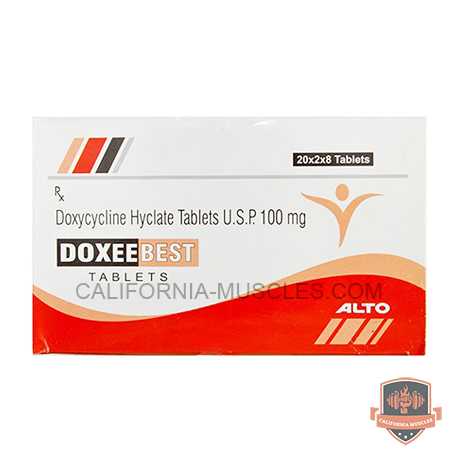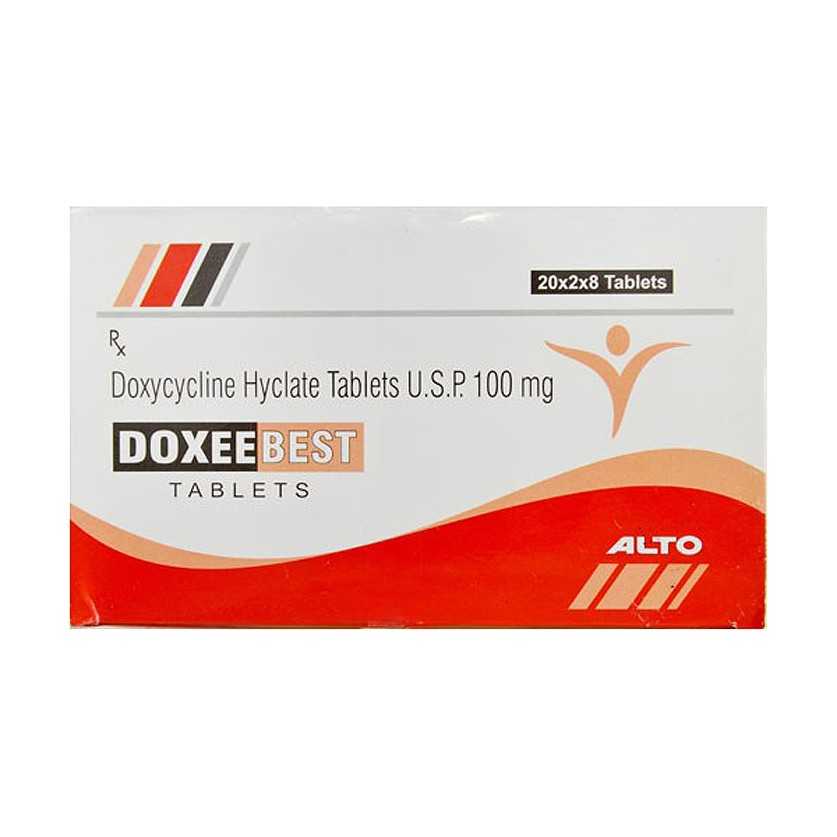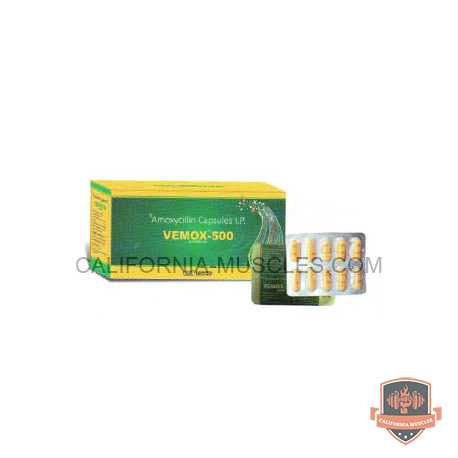Product Description
Doxee is a semisynthetic broad-spectrum antibiotic-tetracycline. The mechanism of action is associated with impaired protein production in bacterial cells. The drug acts bacteriostatic (stops the growth and reproduction of microbes).
Doxycycline penetrates into the bacterial cell and interacts with the aminoacyl center of the 50S subunit of the ribosomal.
Indications for use Doxee are infectious and inflammatory diseases caused by microorganisms sensitive to the drug:
- Pneumonia and other infectious inflammatory diseases of the respiratory system caused by Pneumoniae, Streptococcus, Staphylococcus, H.Influenza, Klebsiella pneumonia;
- Infectious and inflammatory diseases of the urogenital tract - pyelonephritis. Cystitis, urethritis, caused by a group of Klebsiella aero bacteria, E. Coli, Enterococcus, Stretococcus, Staphylococcus, Neisseria gonorrhoeae;
- Infectious and inflammatory diseases of the gastrointestinal tract caused by Shigella, Salmonella and E.coli;
- Infections of the skin and soft tissues caused by Staphylococcus fureus et albus, Stretococcus, E. Coli and the Klebsiela Aerobacter group.
Adult people with a body weight of more than 90 pounds are prescribed 200 mg on the first day (in one or two doses), and on the second day 100 mg (once a day). The maximum dosage that can be taken per day for severe infections is 200 mg (in one or two doses). Doxee capsules are taken orally during or after meals with a glass of water.
Possible side effects of Doxycycline:
- Neurological disorders: increased intracranial pressure, ataxia and dizziness.
- Digestive disorders: diarrhea, constipation, glossitis, dysphagia, erosive-ulcerative esophagitis, gastritis, ulcers / erosions of the stomach, 12 duodenal ulcers, enterocolitis, discoloration of the enamel and inflammation in the anogenital region.
- Others: allergic reactions, photosensitization, changes in the blood test, nephropathy, interstitial nephritis, dysbacteriosis and the development of superinfection.
Supplement Facts
Brand: Doxee
Manufacturer: Alto
Package: 100 mg/caps. (30 caps.)
Substance: Doxycycline
Customer Reviews
No reviews yet.







